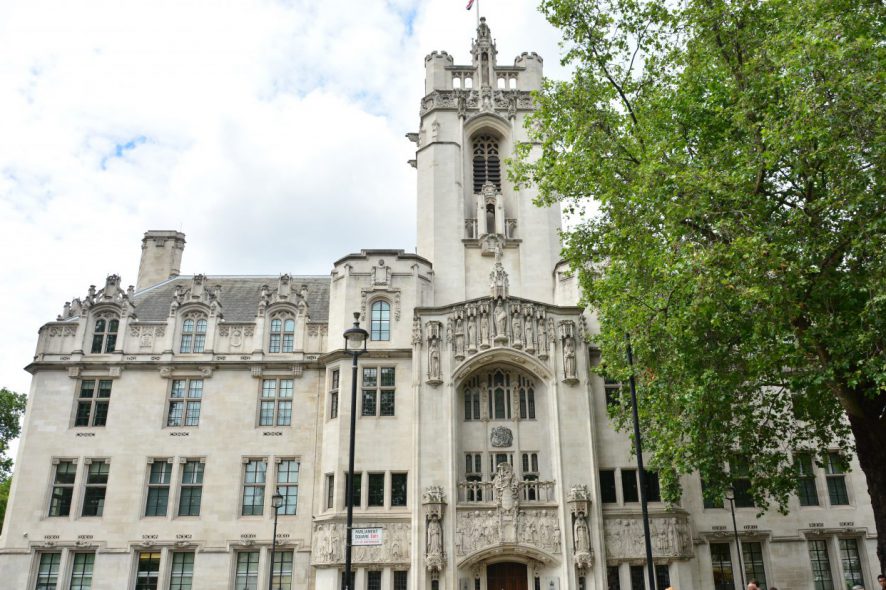United Kingdom Supreme Court: Lord Sumpton, speaking for himself and Lord Mance, Lord Kerr, Lord Reed and Lord Hodge, decided an appeal in favour of the Internet Service Providers (ISPs) directing the respondents- Cartier International AG, to pay the expenses for implementing the order of injunction passed against the ISPs.
Earlier, in 2014, the English High Court had passed an injunction restraining major ISPs including British Telecommunications Plc and others from allowing access to the websites selling counterfeit luxury products such as jewelry and watches. The High Court further ordered the ISPs to pay the cost incurred in the implementation of the website blocking order. The ISPs preferred an appeal before the Court of Appeals against the direction for payment of implementation cost, which was, however, dismissed. Aggrieved thus, the ISPs approached the Supreme Court.
The Supreme Court disagreed with the Court of Appeals. It referred to Norwich Pharmacal Co. v. Customs and Excise Coms, [1974] AC 133, and observed that the English Courts have long had jurisdiction in certain circumstances to order innocent parties to assist those whose rights have been invaded by a wrongdoer. Further, the incidence of compliance cost as a matter in English law requires that any remedy should be fair, proportionate and not unnecessarily costly. In English law, the incidence of costs generally depends on a legal distribution of risk as founded by the Court. An innocent intermediary is ordinarily entitled to be indemnified by the rights holder against the cost of complying with the website blocking order. The Supreme Court held, “an ISP serving as a mere conduit would not incur liability for trademark infringement under English law even in the absence of safe harbor provisions. There is no legal basis for requiring a party to shoulder the burden of remedying an injustice if he had no legal responsibility and is acting under the compulsion of an order of the Court”. The Court rejected the suggestion that since ISPs benefit financially from the volume and appeal of content available on the internet, including content that violates intellectual property rights, it is fair to make them contribute to the cost of enforcement. Such suggestion, the Court held, assumes a degree of responsibility on the part of the intermediary which does not correspond to any legal standard. Website blocking injunctions were sought by the rights holder in their own commercial interests. There was no reason why the rights holder should be entitled to look for contributions to the cost of defending his rights from anyone other than the infringers. Finally, it was held that the rights holder should indemnify the ISPs for the compliance cost in blocking the websites as ordered. [Cartier International AG v. British Telecommunications Plc,[2018] 1 WLR 3259, dated 13-06-2018]



